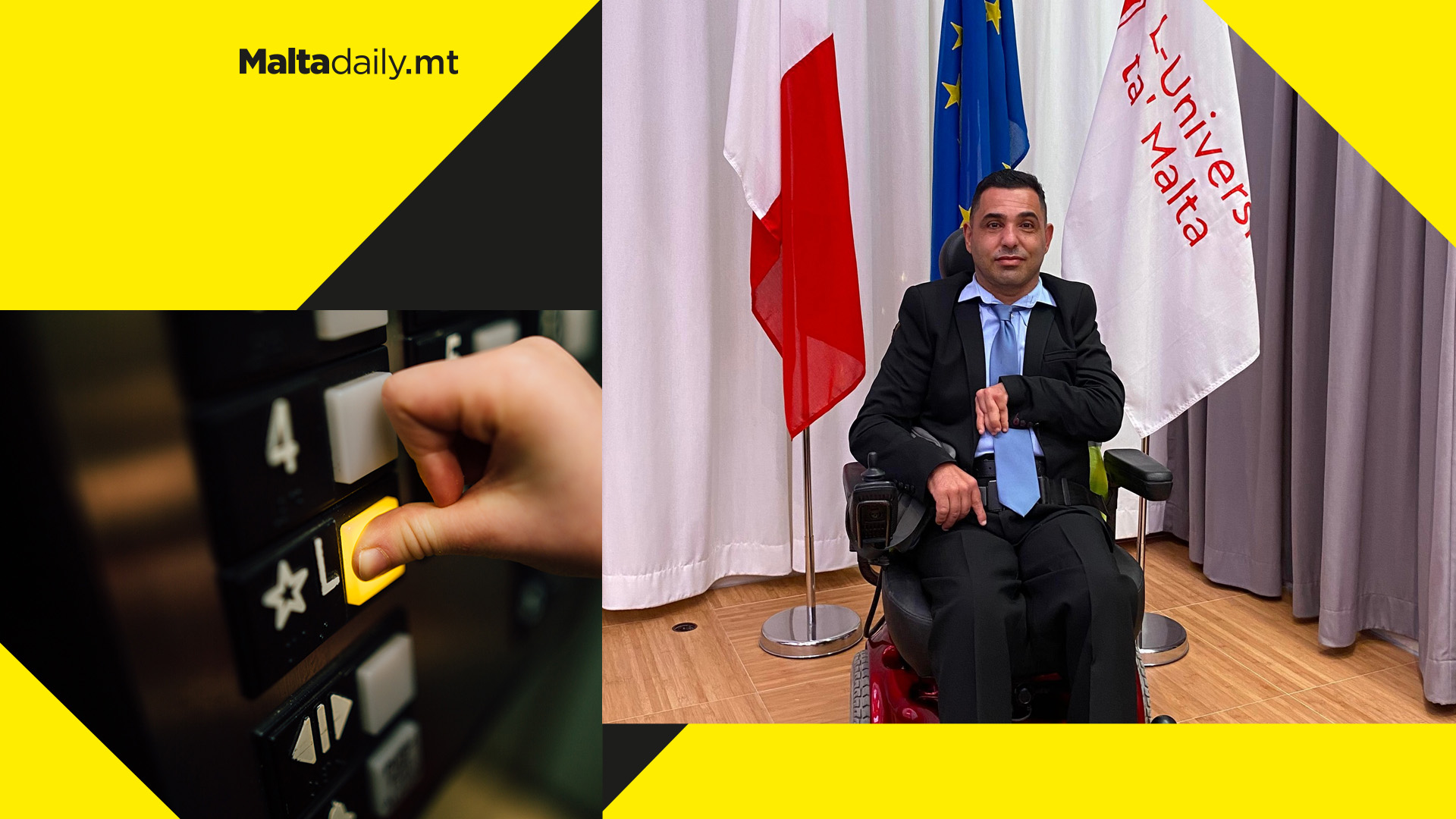
A recent study by the University of Malta suggests that most Maltese citizens have felt a sense of loneliness in 2022, seeing an increase by 11% over a period of three years.
The study found that 54.6 percent of Maltese citizens experience loneliness, a sharp increase to the 43.5% of three years ago – the results of which had emerged from a study held by the Faculty for Social Wellbeing.
The study was carried out by faculty dean Andrew Azzopardi, Professor Marilyn Clark and research support officers Jamie Bonnici and Annabel Cuff, who also suggest that while the COVID-19 pandemic marked a significant shift, it is not the whole story.
Azzopardi suggests that while the pandemic did expose society to such realities, factors such as shifts in family dynamics, lack of community services, unsupported family models, over-dedication to work, growing poverty and others contributed to the aforementioned findings in a major way.
This year’s study aims to measure loneliness in Malta based on the De Jong Gierveld Loneliness Scale developed by sociologist Jenny Gierveld through a set of binary questions. The survey sample include only Maltese citizens and not foreign nationals, which now comprise over 20% of Malta’s population. Of the sample, the 54.6% amounts to around 200,000 people with 4.6% – or around 17,000 people – expressing feelings of severe loneliness.
#MaltaDaily
















